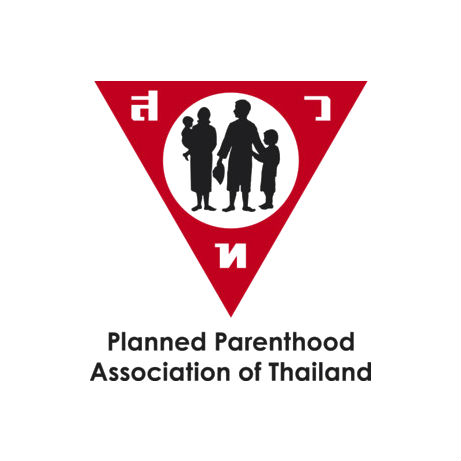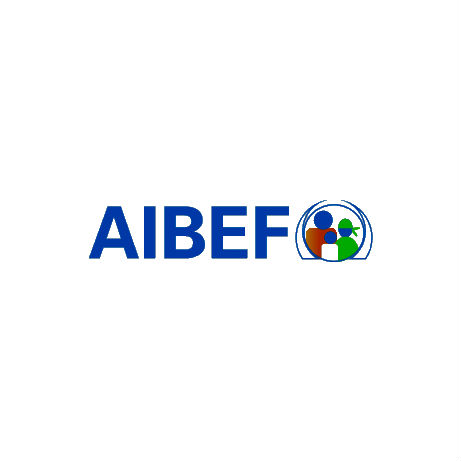

| 31 March 2016
Planned Parenthood Association of Thailand
The Planned Parenthood Association of Thailand (PPAT) Under the Patronage of HRH the Princess Mother has been in operations for more than 50 years. The primary aim of PPAT is to support people living in Thailand, of all ages, to have access to sexual and reproductive health and rights (SRHR) for their better quality of life. PPAT operations include family planning, HIV/AIDS prevention, and increasing the accessibility of sexual and reproductive health services to groups who are challenged to have access to SRHR. We strive to adapt to the changes in society, such as reproductive health operations for children and young people, the elderly development for the transition to the aging society, and the maternity promotion in the period of low birth rate which affected the population equilibrium. Our work compliments and supports government policies. We collaborate with the public and government sectors to bring about change in society. PPAT has initiated and developed several creative methods and social innovations that change and improve society in many ways. All of this helps the people including people living in hard-to-reach areas to be able to access appropriate and friendly reproductive health services. We currently operate through 47 service delivery points in both urban and rural areas to provide SRHR services to people with average 179,004 clients every year. These include 10 permanent clinics and 12 mobile units, and a network of community-based distributors/community-based services (CBDs/CBSs). With more challenges awaiting in the future, PPAT considers human rights, human dignity, and diversity of ideas, beliefs, and identities in creating programs which will bring about change in society and improve the quality of life for those living in Thailand. These programs combined with other sectors, will impact Thailand’s growth and access to SRHR health services.

| 31 March 2016
Association Ivoirienne pour le Bien-Etre Familial
The population of the Ivory Coast suffers from a litany of sexual and reproductive health (SRH) problems common to many countries on the continent: frighteningly high rates of maternal death, early pregnancies, child mortality and HIV prevalence, coupled with very low rates of contraceptive use. Additionally, instances of female genital mutilation (FGM) are frequent and the SRH and psychological repercussions that the practice presents are severe. The Association Ivoirienne pour le Bien-Etre Familial (AIBEF) was founded in 1979. It works closely with the National Population Bureau in the planning and implementation of the National Population Policy and the National Youth Policy. The government and legislators have called on the organization for advice and counsel because it is the one of the most experienced organizations in the field and has unparalleled expertise drawn from ground level experience. To complement and expand its scope, AIBEF partners with a number of non-governmental organizations (NGOs) including the Futures Group, Pathfinder International, the Population Council, John Hopkins University, John Snow International, Columbia University and Family Health International. Major donors include the European Union, IPPF’s Japan Trust Fund, The Global Fund Against TB and Malaria, Alliance International and the World Bank. Additionally, it partners with Collectif des ONG de Lutte contre le Sida en Côte d’Ivoire and RIOF – national networks whose primary objective is to increase SRH capacity.







